Regenerative Medicine
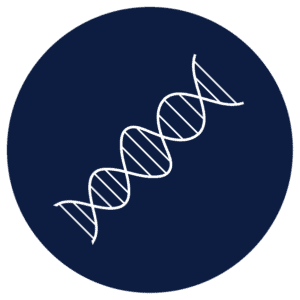
Objective
Regenerative Medicine’s aim is to to replace, engineer, or regenerate human cells, tissues, and organs to restore or establish normal function. Michigan is unmatched in the broad reach of its research which includes the School of Medicine and the Colleges of Engineering and Pharmacy and as a result is a world leader in citations, grants received, and number of patents in this field.
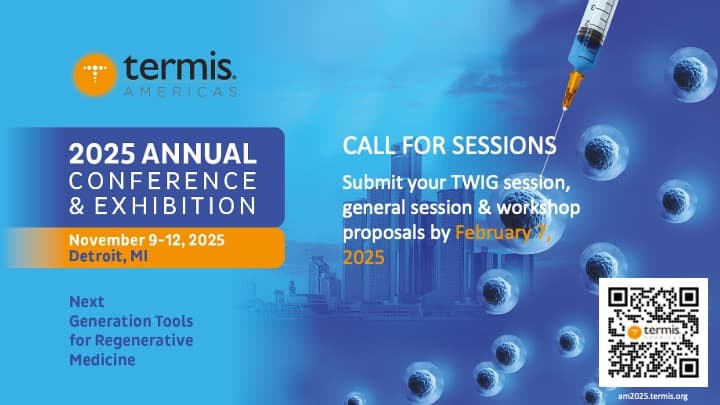
Technologies
- Researching stem cells/organoids and therapies
- Developing of artificial organs and tissues
- Modulating inflammation and promoting immune tolerance
- Programming materials to guide cell function
Our students have opportunities to participate in NIH-sponsored training grants and programs in several fields, including:
Applications
- Replacing dysfunctional organs
- Transplanting cells as therapeutics
- Promoting regeneration or preventing degeneration
- Delivering targeted therapeutics
Jump to
Breadth and Strength, Facilities and Resources,Core Faculty,Relevant Faculty ResearchFind a Researcher
Breadth and Strength
Regenerative medicine leverages not only Michigan’s top Medical and Engineering schools, but also the university’s expertise in basic and biological sciences. No other school with this discipline can claim such across-the-board strength. Researchers across the university collaborate on regenerative medicine to form one of the strongest cohorts anywhere.
Facilities and Resources
- 3D printing
- Computational biology
- Sequencing (DNA, RNA, single-cell, spatial)
- Flow cytometry
- Microscopy
- Micro- and nano-fabrication
- Proteomics & peptide synthesis
- Stem cell/organoid production
- Transgenic animal models
Core BME Faculty
-
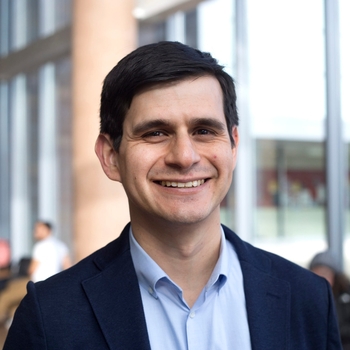
Carlos Aguilar, Ph.D.
-
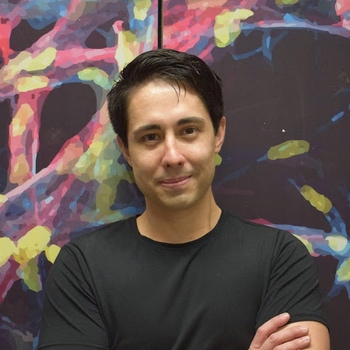
Brendon Baker, Ph.D.
-
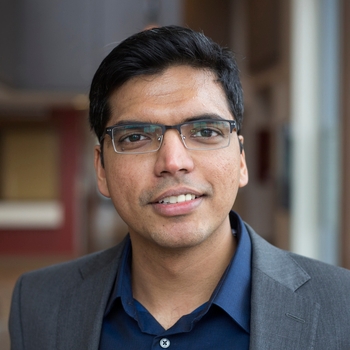
Sriram Chandrasekaran, Ph.D.
-
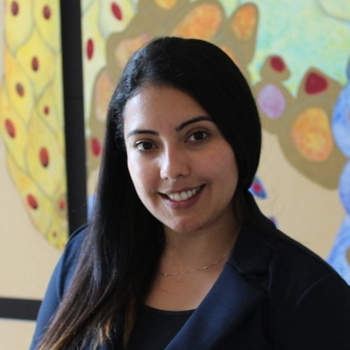
María Coronel, Ph.D.
-
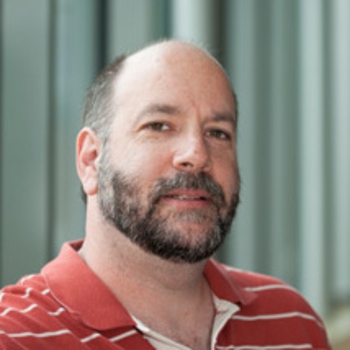
David Kohn, Ph.D.
-
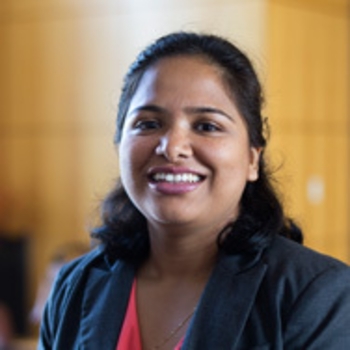
Geeta Mehta, Ph.D.
-
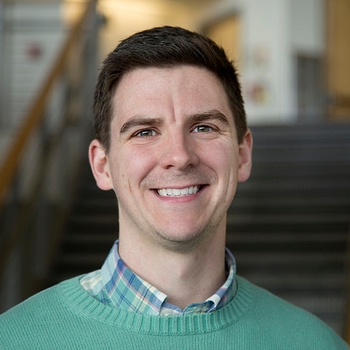
Aaron Morris, Ph.D.
-
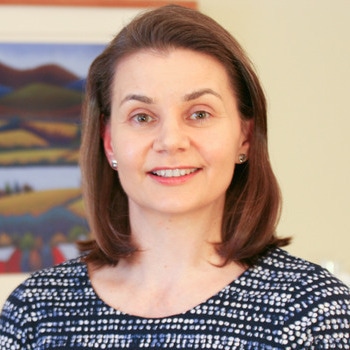
Mary-Ann Mycek, Ph.D.
-
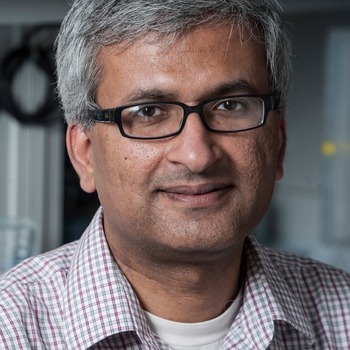
Deepak Nagrath, Ph.D.
-
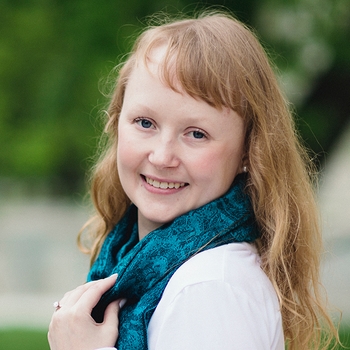
Alexandra S. Piotrowski-Daspit, Ph.D.
-

Andrew Putnam, Ph.D.
-
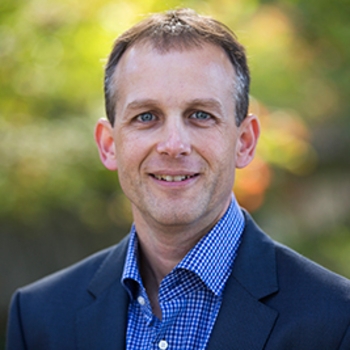
Lonnie Shea, Ph.D.
-
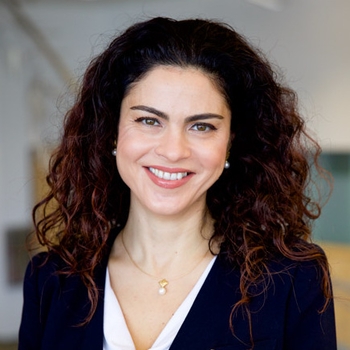
Ariella Shikanov, Ph.D.
-
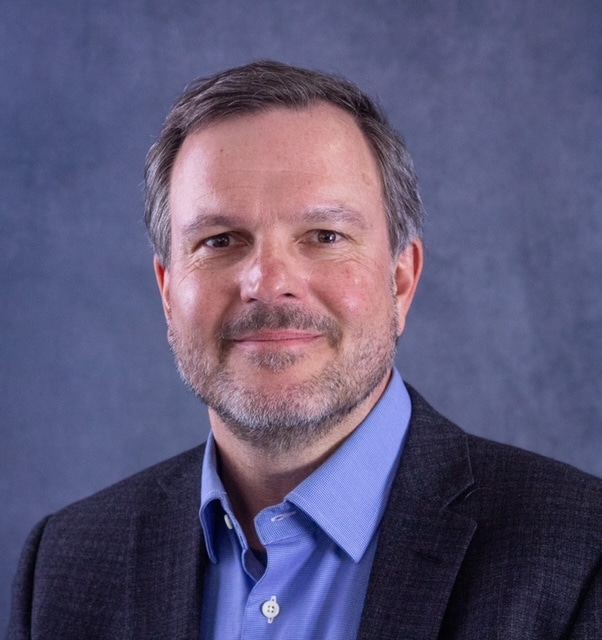
Jan Stegemann, Ph.D.
-
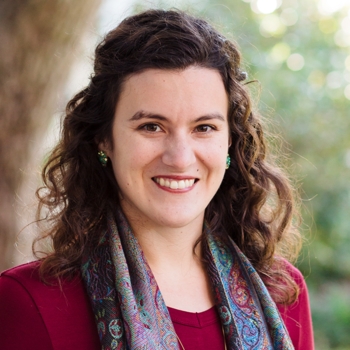
Alison Vander Roest, Ph.D.
Associate BME Faculty
Relevant Research from BME Faculty
Find a Researcher
- Artificial Organs
- Biomaterials
- Drug Delivery and Therapeutics
- Immunoengineering
- Regenerative Medicine
- Stem cells/organoids